
Hydrogen vs electric cars: What's the difference and which is better?
- Electric Cars
- BMW
- Hyundai
- Toyota
- EV Advice
- BMW Advice
- Hyundai Advice
- Toyota Advice
- EV
- Electric Cars
- Green Cars
- Hydrogen

Both hydrogen-powered cars and electric vehicles (EVs) have motors powered by electricity, with the major difference being where that electricity is generated from. EVs get theirs from a lithium-ion battery, while hydrogen-powered cars are powered by a hydrogen fuel cell that converts hydrogen to electricity while the car is running.
The average Australian car emits around 1.5 to three tonnes of carbon dioxide (CO2) into the atmosphere each year, adding to the 1.7 billion tonnes of greenhouse-gas emissions that vehicles release on an annual basis globally.
With climate-change awareness, much like global temperatures, on the rise, people are beginning to move away from petrol-powered internal-combustion engines and are looking to more environmentally friendly solutions like electric vehicles (EVs), which are currently powered by either lithium-ion batteries or hydrogen fuel cells.
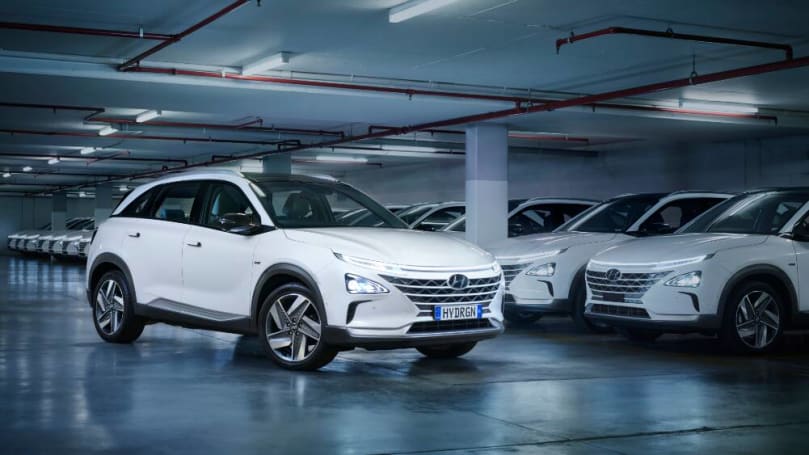
But what is a hydrogen car? New technology can be a bit confusing to consumers, but how hydrogen cars actually work is no great mystery.
Hydrogen is the simplest and most abundant chemical element in the universe, and it easily bonds with other elements, resulting in huge amounts of hydrogen in common substances such as water, methane and propane.
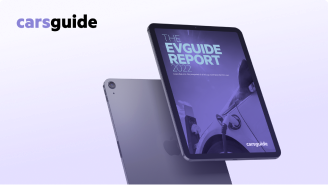
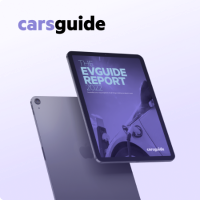
Download the EVGuide Report, 2022
Australia's one-stop snapshot of all things relating to electric cars.
This makes hydrogen-powered cars one of the best solutions around in regards to battling the problem of CO2 emissions, due to their overall efficiency and low environmental impact (hydrogen cars produce nothing more than a few drips of water from their tailpipes, while EVs don't even have exhaust pipes).
While both EVs and hydrogen cars themselves are much better for the environment, there’s still an issue with how the electricity each type of vehicle runs on is produced.
Electricity for EVs will still likely come from power plants that burn fossil fuels that cause the same kind of pollution that EVs are trying to avoid, and the hydrogen for the fuel cell in hydrogen cars will in the future be generated via electrolysis, which also requires electricity from the same kind of emissions-producing power plants.
In terms of differences when it comes to breaking down hydrogen vs electric cars, there are a few important things to be aware of.
Hydrogen is currently significantly more expensive in Australia than electricity is, in large part due to the complex way hydrogen is produced and the lack of infrastructure available.
EVs, on the other hand, save the driver around $1000 a year in fuel costs and $300 in maintenance costs, currently making it a far more attractive offering.
If you’re wondering “Why aren't hydrogen cars more popular?”, EVs are also about a decade ahead of hydrogen cars in the marketplace, even with bodies like the NSW government planning to add incentives and develop infrastructure to make hydrogen competitive with natural gas, as outlined in stage one of their Net Zero Plan.

Another important distinction when you’re looking at hydrogen fuel cell vs electric cars is that the latter have, on average, more range than EVs, although they are currently lacking the infrastructure to support them, whereas there are currently 2307 public charging stations in Australia for EVs.
There is only one operational permanent hydrogen refuelling point nationally, at Hyundai Australia's Sydney headquarters, although Toyota’s research division hase a portable hydrogen refuelling station on the back of a truck.
Two more hydrogen refuelling stations will open in in Canberra and in the west Melbourne suburb of Altona by the end of March 2021, while the CSIRO has recently been given $1 million in funding to develop a second Melbourne-based hydrogen-refuelling station.
The scarcity of hydrogen-refuelling stations and hydrogen cars can make them expensive to maintain as they require a specialist, while the comparative abundance of EVs on the market make them easier and cheaper to maintain with the average driver saving about $300 in servicing fees each year.
When it comes to price, hydrogen fuel cell cars are projected to be significantly more expensive than EVs due to the market for electric cars having a sizeable head start, although we won’t know for sure until Toyota and Hyundai - the two main players in Australia’s hydrogen sector - make their hydrogen-powered cars available to consumers.

A few automotive companies have also spoken out about their belief that hydrogen cars are inferior to EVs when looking at the bigger picture.
A difference between fuel cell and battery noted by BMW is that “the overall efficiency in the power-to-vehicle-drive energy chain is only half the level of [an electric vehicle],” which essentially means that it takes far more energy to power up a hydrogen fuel cell than a lithium-ion battery.
Volkswagen has also made quite a damning judgement by stating “In the case of the passenger car, everything speaks in favour of the battery and practically nothing speaks in favour of hydrogen.”
Regardless, hydrogen-powered cars still have a couple of important aces up their sleeve: they charge in around five to 10 minutes compared to EVS ,which can take several hours to fully charge, and you’ll be able to drive them a lot further - think something more like how far you can get on a full tank of petrol.
US automotive giant General Motors has recently revealed that it's close to developing a “million-mile” EV battery, so the battle of hydrogen vs electric cars isn’t quite over yet.








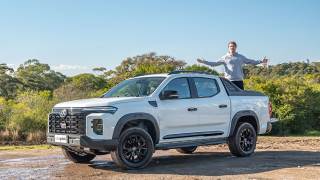
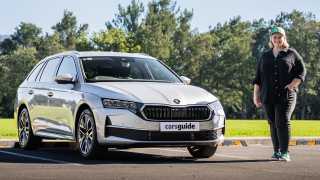
Comments